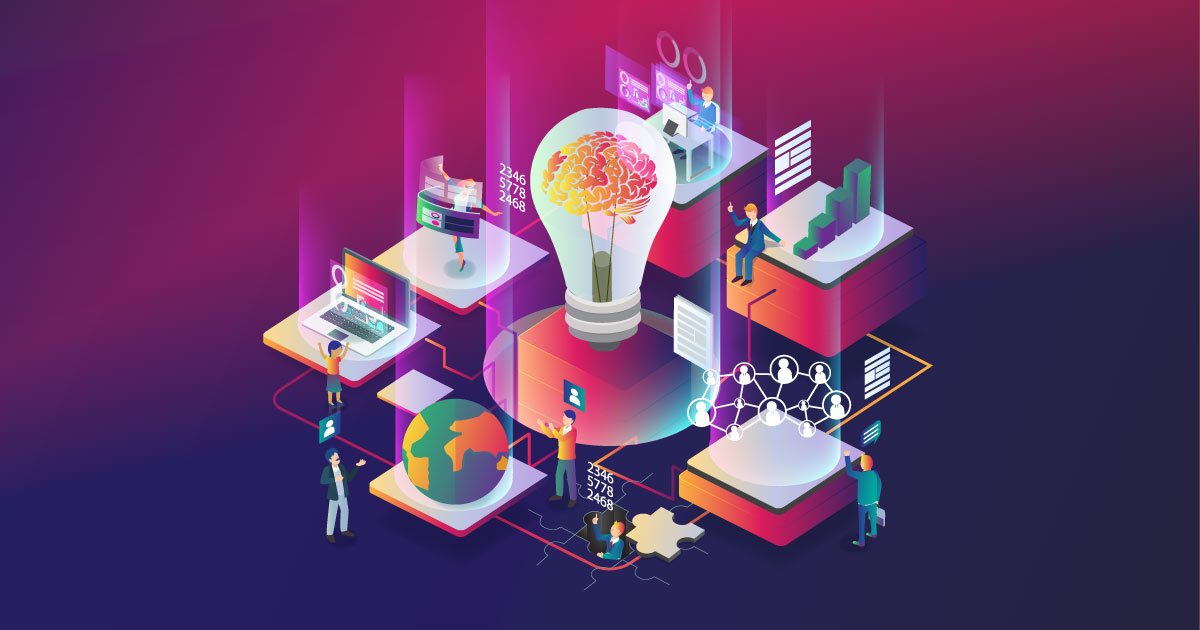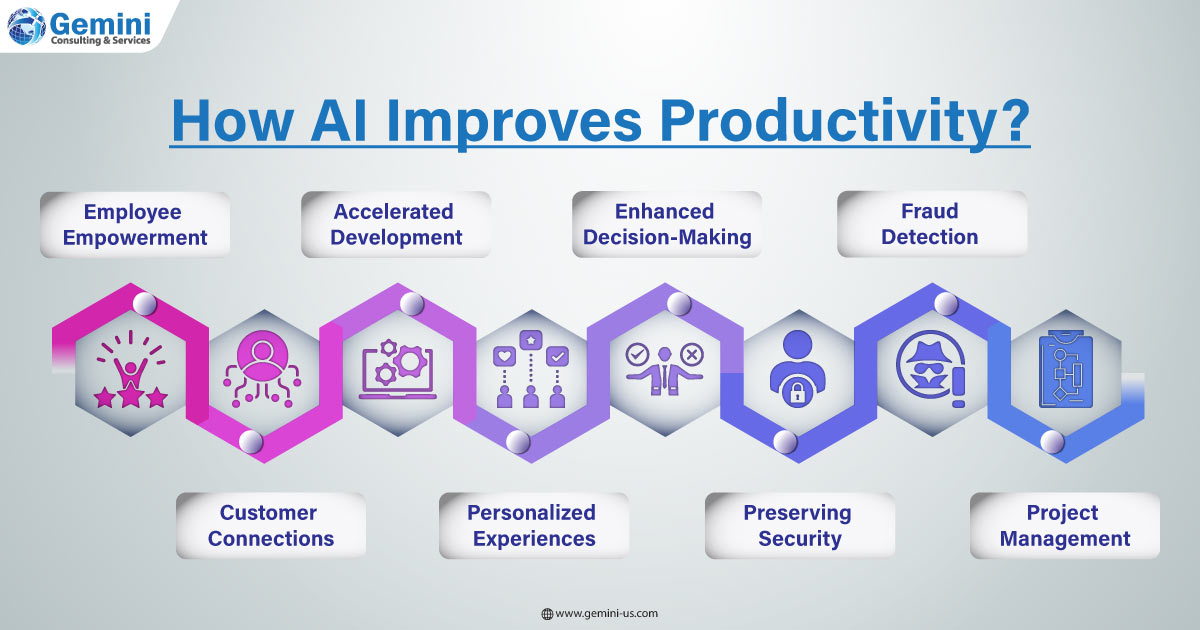Artificial Intelligence (AI) is set to change the way enterprises operate. Systems with high computing power, algorithms and wide-ranging data storage options have contributed to the creation of sophisticated AI forms. Containerization and orchestration have speeded up further advances in AI and Machine Learning (ML) applications. These advancements have democratized AI, making it a practical tool across diverse sectors.
Among the various facets of AI, generative AI stands out as a key enabler, empowering enterprises to devise, refine, and optimize solutions for intricate challenges. Generative AI has garnered considerable attention and traction since the debut of ChatGPT in November 2022. This burgeoning interest presents a golden opportunity to delve into its potential and shed light on its transformative capacities within business contexts.
Understanding Generative AI
Generative AI represents a subset of AI dedicated to enabling machines to produce original content, spanning images, texts, and music. Unlike conventional AI systems reliant on predetermined rules or explicit data patterns, generative AI harnesses intricate neural networks to glean insights from extensive datasets and autonomously generate outputs.

Gen AI to Enhance Business Operations
Generative AI holds immense potential for fostering creativity across diverse industries. Enterprises can leverage generative AI to amplify human creativity and expedite innovation by enhancing operational efficiency, crafting compelling marketing initiatives, identifying fraudulent activities, or creating lifelike virtual entities. Armed with generative AI applications and pertinent data, organizations can explore myriad possibilities, mitigate risks, optimize production processes, and automate tasks, thereby unlocking breakthrough solutions and realizing substantial cost efficiencies.
According to findings by McKinsey, one-third of organizations have already integrated this technology into at least one facet of their operations. Moreover, 60% of enterprises leveraging AI have embraced generative AI for content generation across various business domains, encompassing product development, marketing, sales, and service delivery.
It is evident that the adoption of AI, particularly generative AI, is no longer discretionary—it is imperative. Embracing generative AI to enhance self-service experiences for both clientele and staff can yield significant benefits, including enhanced deflection rates and consequential cost reductions.
Gemini Consulting & Services is ready to assist enterprises in harnessing the power of generative AI to drive innovation and fuel growth. Contact us to explore how your enterprise can harness generative AI to bolster productivity.

1.Employee Empowerment
Utilizing AI can streamline and automate repetitive tasks, allowing employees to concentrate on more high-value responsibilities that demand human intellect. Generative AI, equipped with case and chat summarization capabilities, enhances workflows by condensing complex information into easily digestible formats. This not only boosts productivity for IT and HR agents but also ensures employees stay well-informed. Additionally, Generative AI facilitates easy access to necessary information, expediting work processes.
2.Customer Connections
AI transforms customer experience by employing sophisticated algorithms to personalize interactions and anticipate preferences, thereby increasing customer satisfaction and loyalty. Generative AI-driven chatbots provide round-the-clock customer support, delivering prompt assistance when needed. Furthermore, these chatbots equip customer service agents with summarized cases, enabling swift resolution of customer concerns.
3.Accelerated Application Development
In the realm of application development, four significant factors are reshaping the landscape: a shortage of skilled developers, rising cost pressures, demands for enhanced agility and efficiency, and a need to expedite productivity. Generative AI offers a solution by streamlining coding processes, thus accelerating software creation and providing developers with guidance and assistance.
4.Personalized Customer Experiences
Personalization is paramount in successful businesses, and Generative AI plays a crucial role by analyzing extensive customer data to discern preferences, behaviors, and trends. Armed with this insight, companies can generate personalized recommendations, targeted advertisements, and tailored experiences, fostering deeper customer engagement and loyalty.
5.Enhanced Decision-Making
Generative AI can help enterprises use data efficiently and extract valuable business insights from them. This helps businesses to generate and test various business scenarios, hypotheses, and make predictions based on expected market demands. By analyzing vast datasets, identifying patterns, and generating forecasts or simulations, Generative AI provides valuable insights to optimize operations and support strategic planning.
6.Preserving Privacy and Security
In sectors like healthcare and finance, data privacy and security are paramount. Generative AI offers a privacy-preserving approach by generating synthetic data that maintains the statistical properties of the original dataset while safeguarding individual privacy, enabling data sharing and collaboration without compromising sensitive information.
7.Fraud Detection and Cybersecurity
Generative AI aids in identifying and preventing fraudulent activities by analyzing data patterns, anomalies, and potential threats. It enhances security systems, detects vulnerabilities, and mitigates risks, with certified operators leveraging AI from partners like Red Hat, Dynatrace, and CrowdStrike to ensure cloud operations remain secure.
8.Project and Workflow Management
Leading project management platforms are incorporating generative AI assistive capabilities, freeing up employees from administrative tasks like note-taking, email writing, and document summarization. These AI assistants also automate and optimize workflow builds, make task suggestions, and facilitate data integration efforts, enabling teams to focus on strategic initiatives.



